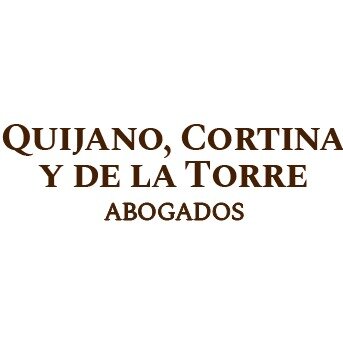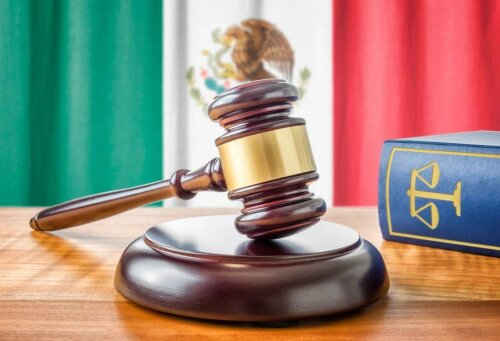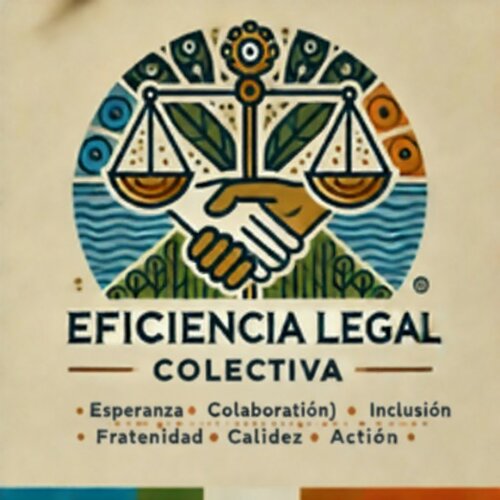Best Child Custody Lawyers in Mexico City
Share your needs with us, get contacted by law firms.
Free. Takes 2 min.
Free Guide to Hiring a Family Lawyer
List of the best lawyers in Mexico City, Mexico
About Child Custody Law in Mexico City, Mexico
In Mexico City, child custody laws are designed to prioritize the welfare and best interests of the child. These laws are part of the broader family law system and deal with the legal rights and responsibilities of parents or guardians regarding the care and upbringing of minors. Custody can be awarded to one parent (sole custody) or both parents (joint custody), depending on various factors assessed by the court. Mexican courts typically aim to maintain a stable environment for the child, ensuring they have access to both parents unless circumstances dictate otherwise.
Why You May Need a Lawyer
Navigating child custody cases can be complex due to emotional, legal, and logistical challenges. Here are common situations where seeking legal aid may be beneficial:
- Disagreements between parents about custody arrangements or visitation rights.
- Modification of existing custody orders due to changes in circumstances.
- Allegations of neglect or abuse affecting custody arrangements.
- Relocation issues, where a parent seeks to move with the child to another state or country.
- Establishing paternity to assert custody or visitation rights.
An experienced family law attorney can provide guidance, represent your interests, and work towards an arrangement that supports the child's best needs.
Local Laws Overview
Child custody laws in Mexico City are governed by the Federal Civil Code and the Civil Code of the Federal District. Key aspects include:
- Best Interest of the Child: All custody decisions are made with the child's best interest as the primary consideration.
- Parental Authority (Patria Potestad): This legal concept involves both parents being responsible for their children's care and legal representation until they reach the age of majority (18 years).
- Guardianship (Tutela): If neither parent can assume custody, a guardian may be appointed by the court to protect the child’s rights and welfare.
- Visitation Rights (Régimen de Visitas): Even if a parent does not have custody, they are generally entitled to regular visitation unless it is deemed harmful to the child.
Frequently Asked Questions
What determines who gets custody of a child?
The court evaluates various factors, including each parent's living situation, income, and ability to provide a stable environment. The child's age, health, and emotional attachment to each parent are also considered.
Can custody arrangements be modified?
Yes, changes in circumstances like remarriage, relocation, or changes in a parent's financial situation can lead to a custody modification request. The parent requesting the change must demonstrate that it serves the child's best interest.
Are fathers at a disadvantage in custody cases?
Both parents are entitled to custody rights regardless of gender. Custody decisions are based on the child's best interests rather than parental preference.
What if the other parent is not following the custody order?
Non-compliance with a custody order can lead to legal consequences. You can file a complaint in family court, which may result in enforcement actions or a modified custody arrangement.
How is international relocation handled in custody cases?
If a parent wishes to move abroad with the child, they must gain the other parent's consent or court approval, demonstrating that the move benefits the child's interests.
Who decides custody if parents cannot agree?
When parents cannot reach an agreement, a family court judge will make the custody determination based on the child’s best interests.
What role do children's preferences play in custody cases?
In some cases, the court may consider the child’s preference, especially if the child is of sufficient age and maturity to express a reasoned viewpoint.
Can grandparents apply for custody?
Grandparents can apply for custody or visitation rights if it is in the best interests of the child, particularly in cases where neither parent is capable of adequately caring for the child.
What steps should I take to prepare for a custody hearing?
Document interactions with your child, maintain records of communication with the other parent, prepare personal and financial records, and consult with a family law attorney for representation and advice.
What is the process for obtaining emergency custody?
If a child's safety is at risk, you may request an emergency custody order. This typically involves filing a petition, after which a hearing is quickly scheduled to address the issue.
Additional Resources
Here are some resources and organizations that can provide additional support and information regarding child custody in Mexico City:
- Procuraduría de la Defensa del Menor y la Familia (Office of the Defense of Minors and Families): Provides legal assistance and support for family issues involving children.
- DIF (Sistema Nacional para el Desarrollo Integral de la Familia): Offers support services for families and children including legal guidance on custody matters.
- Family Court of Mexico City: Navigate legal proceedings with the support and guidance of court officials and resources.
Next Steps
If you find yourself needing legal assistance in child custody matters in Mexico City, consider the following steps:
- Consult with a Family Law Attorney: Look for a lawyer specializing in family law to discuss your case and legal options.
- Prepare Documentation: Gather relevant documents, including legal records, communication logs with the other parent, and evidence of child care arrangements.
- Attend Court Hearings: Be present and well-prepared for all court appearances related to your custody case.
- Focus on Communication: Aim for clear and respectful communication with the other parent to facilitate negotiated agreements when possible.
- Utilize Support Services: Consider family counseling or mediation services that can help resolve disputes outside of court.
By taking these steps, you can work towards a custody arrangement that prioritizes the well-being of your child and meets legal requirements.
Lawzana helps you find the best lawyers and law firms in Mexico City through a curated and pre-screened list of qualified legal professionals. Our platform offers rankings and detailed profiles of attorneys and law firms, allowing you to compare based on practice areas, including Child Custody, experience, and client feedback.
Each profile includes a description of the firm's areas of practice, client reviews, team members and partners, year of establishment, spoken languages, office locations, contact information, social media presence, and any published articles or resources. Most firms on our platform speak English and are experienced in both local and international legal matters.
Get a quote from top-rated law firms in Mexico City, Mexico — quickly, securely, and without unnecessary hassle.
Disclaimer:
The information provided on this page is for general informational purposes only and does not constitute legal advice. While we strive to ensure the accuracy and relevance of the content, legal information may change over time, and interpretations of the law can vary. You should always consult with a qualified legal professional for advice specific to your situation.
We disclaim all liability for actions taken or not taken based on the content of this page. If you believe any information is incorrect or outdated, please contact us, and we will review and update it where appropriate.

















